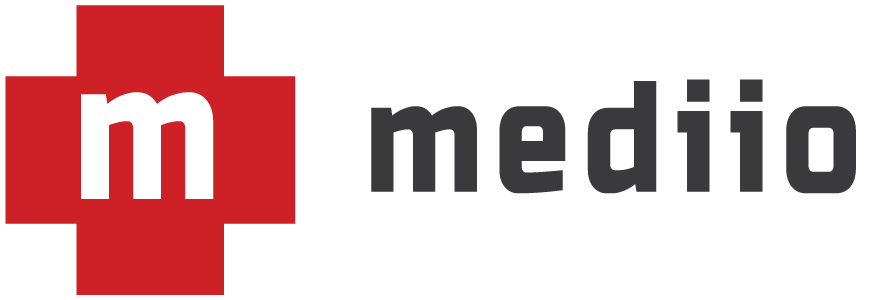…Manzi and colleagues hope to build a repository and database in order to develop and validate prescribing guidelines that tailor treatments to patients’ genetic makeup. Few such guidelines now exist.
Pharmacogenomics is the future of medicine. I personally can’t wait for the day when I know what the starting dose for a given drug absolutely should be for the particular patient in front of me. Unfortunately, it seems like we have a long road ahead. As I’ve tried to highlight with the quote above, just because we know that a certain gene may increase a patient’s metabolism of a specific drug and we know the patient has that gene, doesn’t mean we know how to adjust the dose accordingly. Educated guesses can be made, but we need much more data on how to incorporate genetic information into actual dosing.
